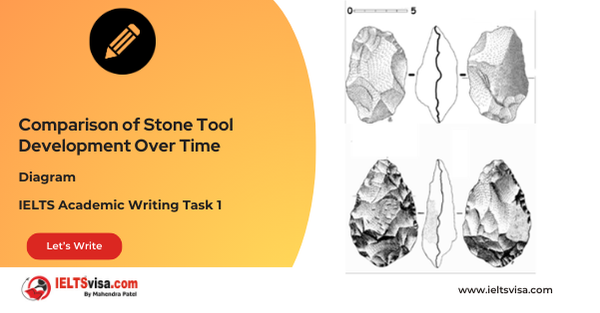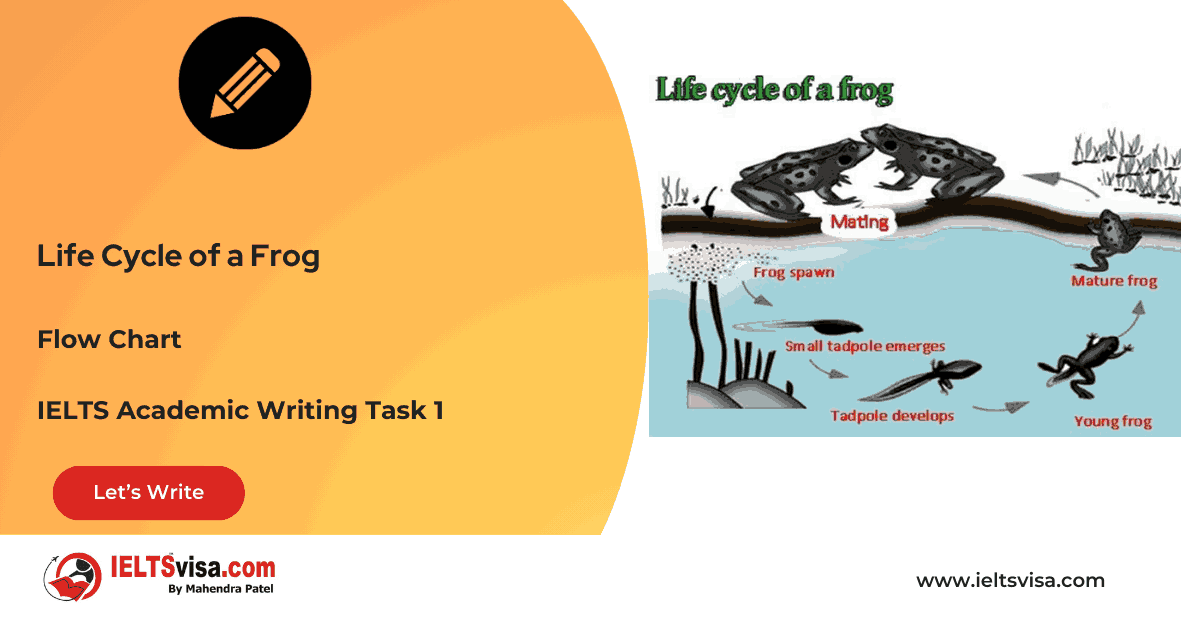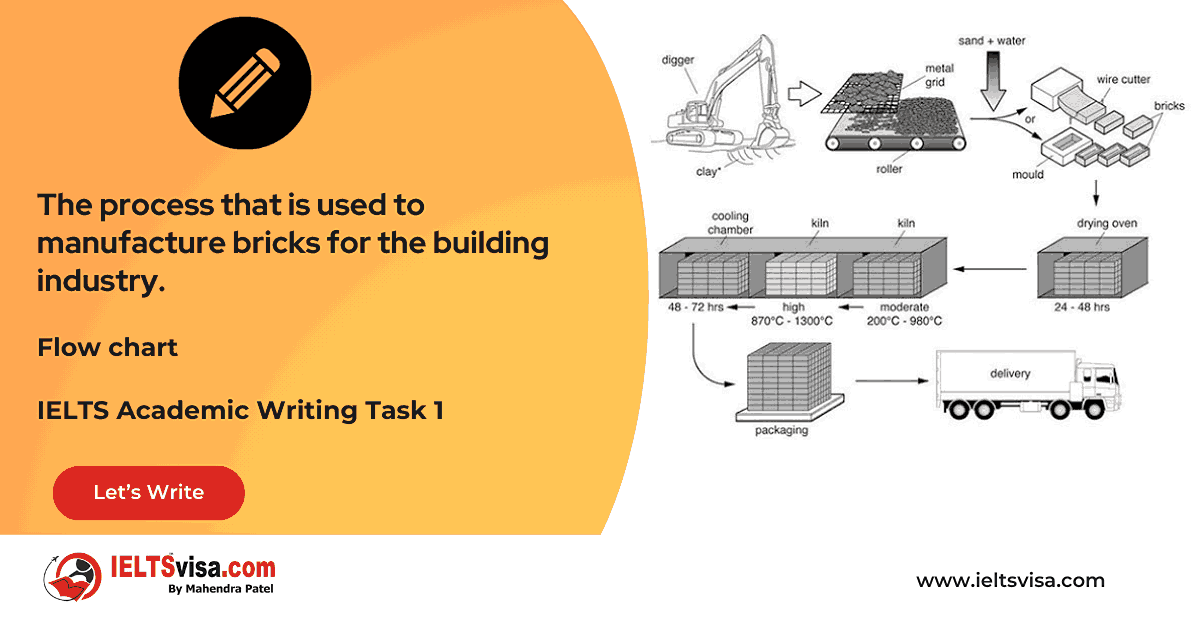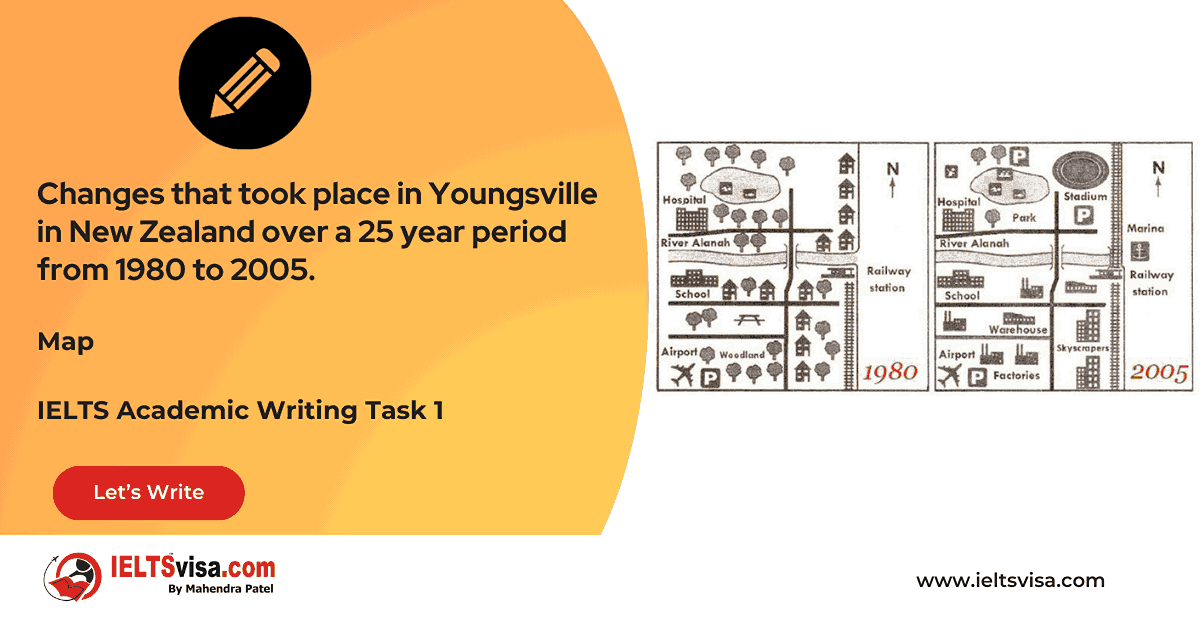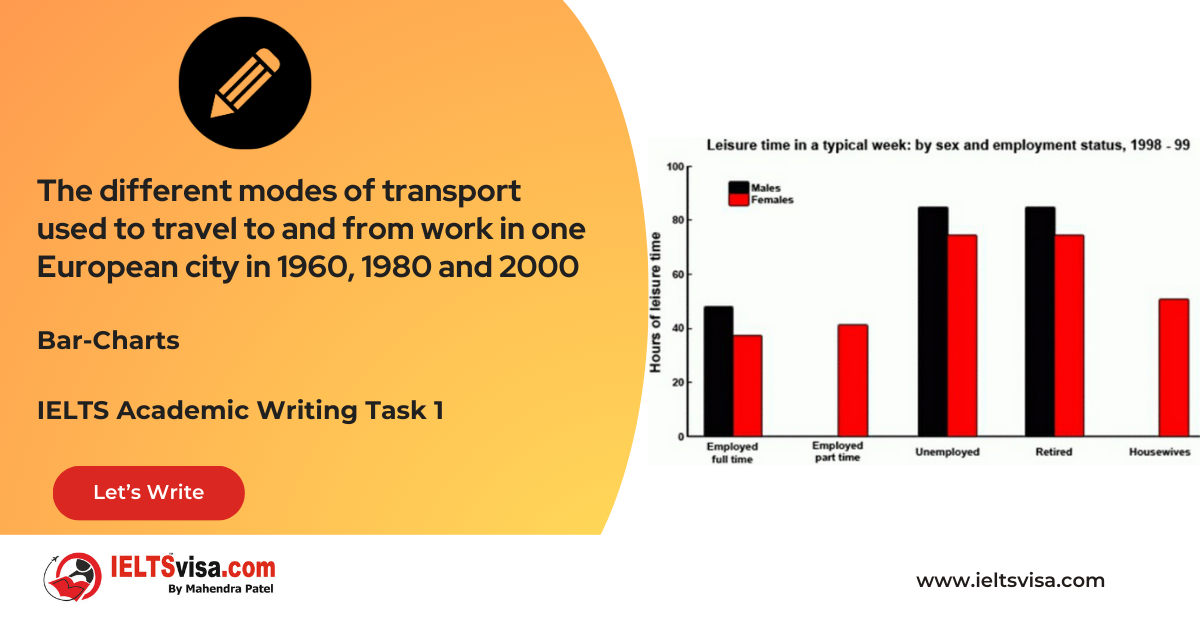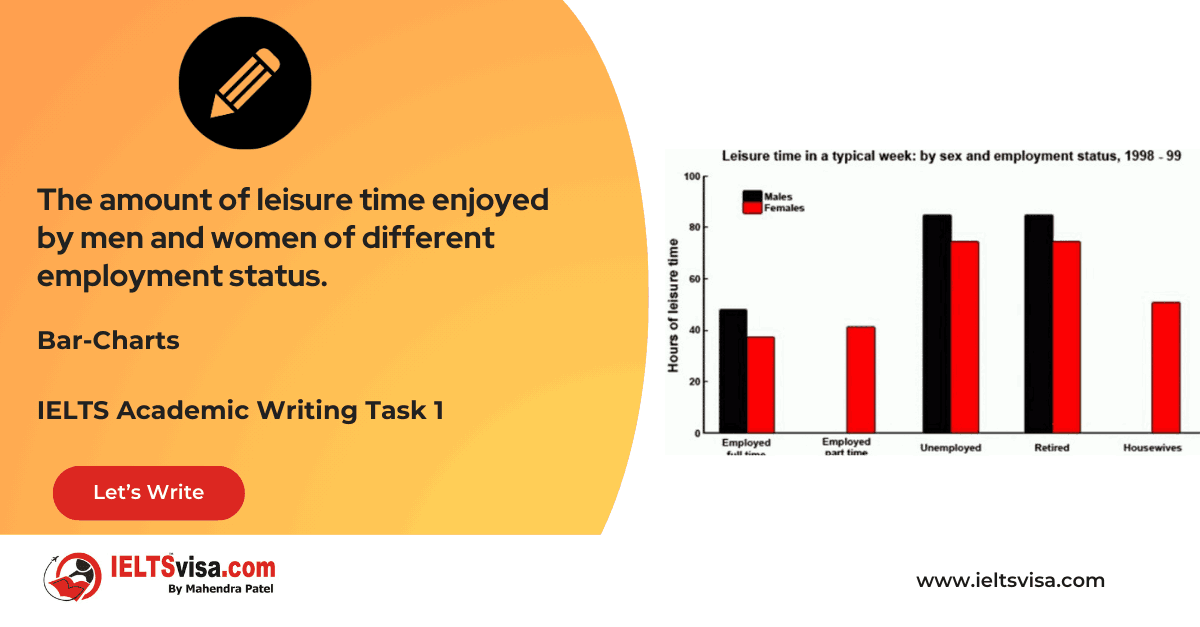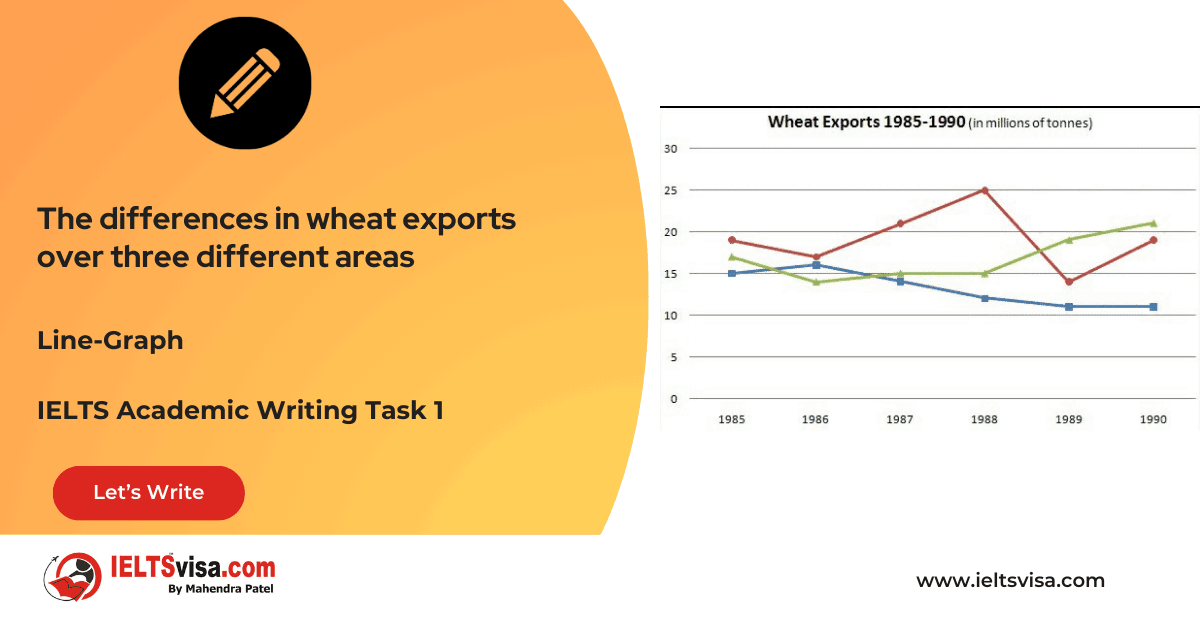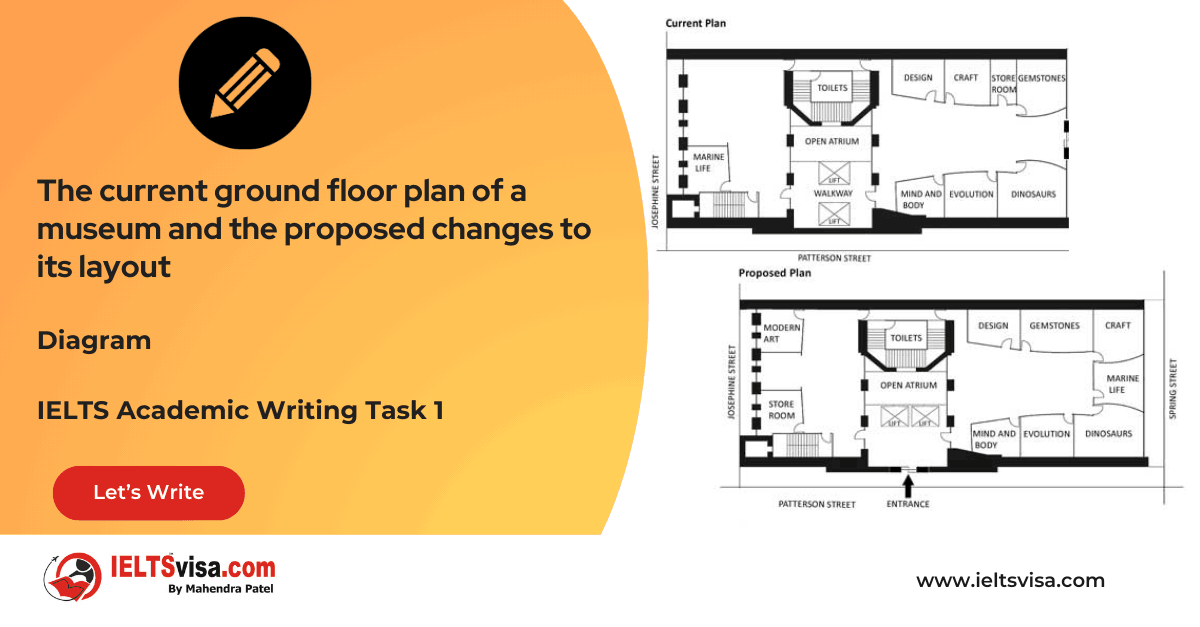Adjectives and Nouns
Lexical Resource & Grammatical Range and AccuracyIELTS Academic Writing Task 1

In the IELTS Academic Writing Task 1, demonstrating a solid command of adjectives and nouns is essential for achieving a high score in the Lexical Resource and Grammatical Range and Accuracy criteria. This task requires test takers to describe and interpret visual information, such as graphs, charts, and diagrams.
By effectively utilising a wide range of adjectives and nouns, you can convey information accurately, provide vivid descriptions, and showcase your language proficiency. In this article, we will explore the importance of adjectives and nouns in Task 1, accompanied by examples and answers to help you excel.
1. Adjectives:
Adjectives are vital in Task 1 as they help provide detailed and descriptive information about the nouns they modify. Here are some important considerations for using adjectives effectively:
A. Choosing Appropriate Adjectives: Selecting precise and varied adjectives helps convey the characteristics, qualities, and attributes of the data presented in the visual. For example:
Original Sentence: The weather was hot.
Revised Sentence: The weather was scorching.
In this revised sentence, the adjective “scorching” paints a more vivid picture of the intense heat, providing a more substantial and more specific description.
B. Degrees of Comparison: Using degrees of comparison allows you to convey varying levels or degrees of quality. Consider the following example:
Original Sentence: The car was fast.
Revised Sentence: The car was the fastest.
In this revised sentence, the superlative form of the adjective “fastest” indicates that the car was the fastest among others, highlighting its exceptional speed.
C. Compound Adjectives: Employing compound adjectives helps provide more precise descriptions by combining multiple adjectives. For example:
Original Sentence: The company had high profits.
Revised Sentence: The company had record-breaking profits.
In this revised sentence, the compound adjective “record-breaking” emphasises the exceptional nature of the profits, providing a more impactful description.
2. Nouns:
Nouns play a crucial role in Task 1 as they are the central elements that represent the data and information being described. Here are some critical considerations for using nouns effectively:
A. Specific and Descriptive Nouns: Using specific and descriptive nouns helps provide clarity and precision in your descriptions. Consider the following example:
Original Sentence: The number of people increased.
Revised Sentence: The population witnessed a substantial increase.
In this revised sentence, the noun “population” conveys a more specific and accurate representation of the group being referred to, adding clarity to the description.
B. Countable and Uncountable Nouns: Distinguishing between countable and uncountable nouns helps accurately represent the data presented in the visual. For example:
Original Sentence: The consumption increased.
Revised Sentence: The level of consumption rose.
In this revised sentence, the noun “consumption” accurately represents an uncountable concept, providing a more appropriate description.
C. Noun Phrases: Utilising noun phrases helps provide a more detailed and comprehensive description of the information. Consider the following example:
Original Sentence: The company had high sales.
Revised Sentence: The company experienced a surge in sales revenue.
In this revised sentence, the noun phrase “surge in sales revenue” provides a more specific and comprehensive description, highlighting the financial aspect of the company’s performance.
Using a combination of precise and appropriate adjectives and nouns can significantly enhance the quality of your writing in Task 1. However, it is crucial to use them judiciously and wisely. Ensure that the adjectives and nouns accurately convey the intended meaning and are consistent with the information presented in the visual.
In conclusion, a strong command of adjectives and nouns is vital for achieving a high score in the Lexical Resource and Grammatical Range and Accuracy criteria of the IELTS Academic Writing Task 1. You can provide accurate, vivid, and comprehensive descriptions by choosing appropriate adjectives, employing degrees of comparison, using compound adjectives, utilising specific and descriptive nouns, and incorporating noun phrases. Practice integrating these language features into your writing; remember to proofread for clarity and coherence. With consistent effort, you will enhance your performance in Task 1 and achieve success in your IELTS examination.








Our Books
Master IELTS Speaking Part 1
IELTS Writing Task 1 Book
IELTS Writing Task 2 Book
Practice IELTS Other Modules
IELTS Listening
The IELTS Listening test assesses how well you can understand spoken English in various contexts. It lasts about 30 minutes and is divided into four sections with a total of 40 questions. The listening tasks become increasingly difficult as the test progresses.
IELTS Academic Reading
The IELTS Academic Reading section assesses your ability to understand and interpret a variety of texts in academic settings. It is designed to evaluate a range of reading skills, including skimming for gist, reading for main ideas, reading for detail, understanding inferences, and recognizing a writer's opinions and arguments.
IELTS Speaking
The IELTS Speaking test assesses your ability to communicate in English on everyday topics. It lasts 11-14 minutes and consists of three parts: introduction, cue card, and a discussion based on the cue card topic.
IELTS General Reading
IELTS General Reading tests your ability to understand and interpret various types of texts. Here are some key areas and types of content you can expect to encounter in the reading section, along with tips for effective preparation.
IELTS Academic Writing Task 1
In IELTS Academic Writing Task 1, you are presented with a visual representation of information, such as graphs, charts, tables, or diagrams, and you are required to summarize, compare, or explain the data in your own words.
IELTS General Writing Task 1
In IELTS General Writing Task 1, you are required to write a letter based on a given situation. The letter can be formal, semi-formal, or informal, depending on the prompt. Here’s a breakdown of the key components to include in your letter
IELTS Academic Writing Task 2
In IELTS Academic Writing Task 2, you are required to write an essay in response to a question or topic. Here’s a guide to help you understand the essential elements of this task
IELTS Exam Tips
To succeed in the IELTS exam, practice regularly, familiarize yourself with the test format, improve your vocabulary, develop time management skills, and take mock tests to build confidence.
Grammer for IELTS
Grammar is the foundation of effective communication in English. Understanding tense usage, subject-verb agreement, and sentence structure enhances clarity and coherence in writing and speaking.
Vocabulary for IELTS
Vocabulary plays a crucial role in the IELTS (International English Language Testing System) exam, especially in the Speaking and Writing sections. Here’s an overview of why vocabulary is important and how it impacts your performance
RECENT IELTS SAMPLES QUESTIONS AND ANSWERS
Task 1 – Diagram – Comparison of Stone Tool Development Over Time
20:00 Start Pause Stop [df_adh_heading title_infix="IELTS Writing Task 1 Question" use_divider="on"...
Task 1 – Flow chart -Life Cycle of a Frog
20:00 Start Pause Stop [df_adh_heading title_infix="IELTS Writing Task 1 Question" use_divider="on"...
Task 1 – Flow chart -The process that is used to manufacture bricks for the building industry.
20:00 Start Pause Stop [df_adh_heading title_infix="IELTS Writing Task 1 Question" use_divider="on"...
Task 1 – Map – Changes that took place in Youngsville in New Zealand over a 25 year period from 1980 to 2005.
20:00 Start Pause Stop [df_adh_heading title_infix="IELTS Writing Task 1 Question" use_divider="on"...
Task 1 – Pie Chart – The average household expenditures in Japan and Malaysia in the year 2010
20:00 Start Pause Stop [df_adh_heading title_infix="IELTS Writing Task 1 Question" use_divider="on"...
Task 1 – Bar Graph – The different modes of transport used to travel to and from work in one European city in 1960, 1980 and 2000
20:00 Start Pause Stop [df_adh_heading title_infix="IELTS Writing Task 1 Question" use_divider="on"...
Task 1 – Bar Graph – The amount of leisure time enjoyed by men and women of different employment status
20:00 Start Pause Stop [df_adh_heading title_infix="IELTS Writing Task 1 Question" use_divider="on"...
Task 1 – Line Graph – The differences in wheat exports over three different areas
20:00 Start Pause Stop [df_adh_heading title_infix="IELTS Writing Task 1 Question" use_divider="on"...
Task 1 – Diagram – The current ground floor plan of a museum and the proposed changes to its layout
20:00 Start Pause Stop [df_adh_heading title_infix="IELTS Writing Task 1 Question" use_divider="on"...

